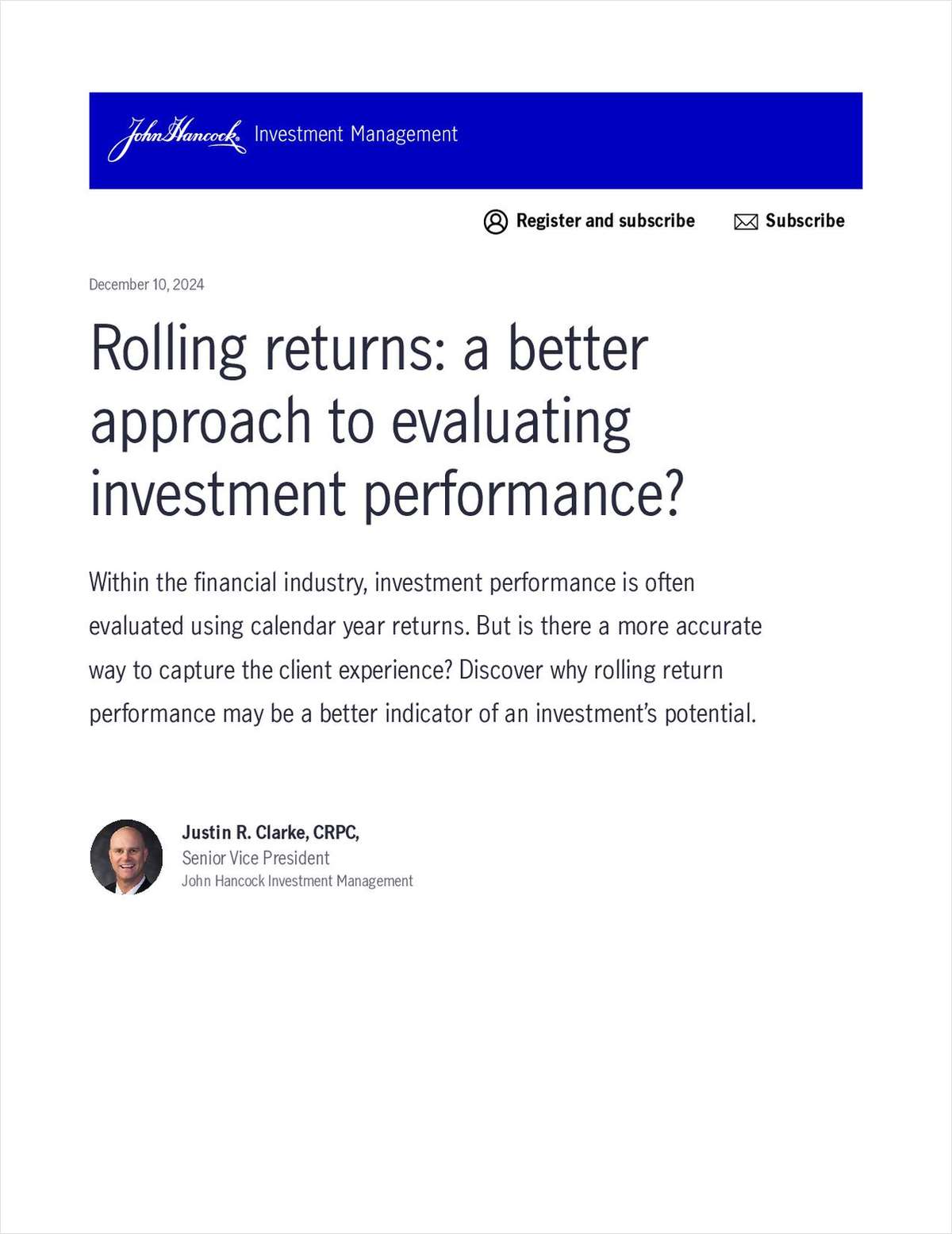
NOT FOR REPRINT
Six powerful prospecting tips to build your business
By
John Boe
February 12, 2013 at 12:32 PM
Share & Print
NOT FOR REPRINT
© 2025 ALM Global, LLC, All Rights Reserved. Request academic re-use from www.copyright.com. All other uses, submit a request to [email protected]. For more information visit Asset & Logo Licensing.







